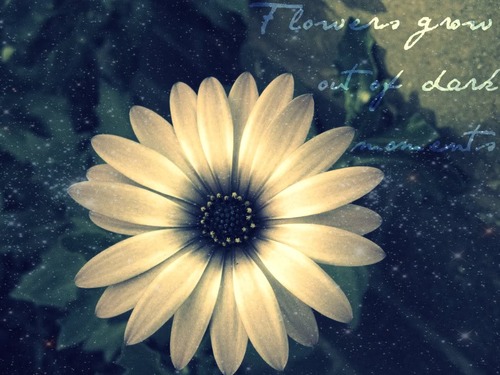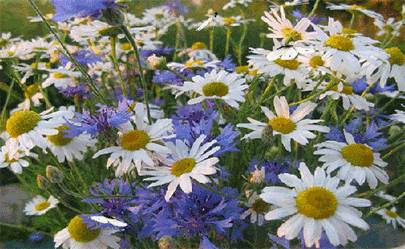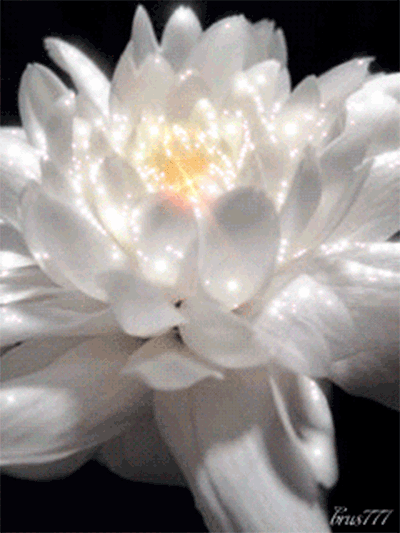-
Comment August 7, 2016
-
Meaning of compassion and love
Comment August 7, 2016Before we can generate compassion and love, it is important to have a clear understanding of what we understand compassion and love to be. In simple terms, compassion and love can be defined as positive thoughts and feelings that give rise to such essential things in life as hope, courage, determination, and inner strength. In the Buddhist tradition, compassion and love are seen as two aspects of the same thing: Compassion is the wish for another being to be free from suffering; love is wanting them to have happiness. ~Dalai Lama
-
Greatest, Purest Love?
Comment August 6, 2016 -
A compassionate heart
Comment August 6, 2016 -
Buddha taming Ala Vaka, the demon-god
Comment August 6, 201644. The Buddha taming Ala Vaka, the demon-god, with a sermon on loving-kindness
There stood a giant banyan tree at a distance of a little more than three miles from Alavi city. Alavaka, the demon-god had his dwelling in that tree. One night Alavaka was attending a meeting of gods at the Himalayas, when the Buddha entered his dwelling in order to tame this cruel monster. The door-keeper of the dwelling, a deity, paying homage to the Buddha, said, “May I go and seek permission from Alavaka for you to enter his dwelling?” So saying, he went to the meeting of gods to get the permission. At that moment, Alavaka who had to keep his anger in check became furious when he heard from other gods about the arrival of the Buddha at his dwelling. He left the meeting at once and jumped on to the dizzy heights of Kelasa Mountain, and shouted out this challenge:
“Alavaka am I!” Then throughout the night he flung all sorts of weapons at the Blessed One who was not hurt at all because of his infinite power of loving-kindness. Then Alavaka approached the Buddha who tamed him peacefully with a sermon on Loving-Kindness.
THE ILLUSTRATED HISTORY OF BUDDHISM
by ASHIN JANAKA BHIVAMSA (Aggamahapandita)
Artist: U Ba Kyi | Link to this post -
Respect yourself
Comment August 6, 2016 -
Without any sense of discouragement, go on
Comment August 3, 2016 -
Giving Up Ego-clinging
Comment August 3, 2016Initially, to understand dharma even on an intellectual level is not at all simple. Then once we have some understanding, to put dharma into practice is even more subtle, because it requires that we go beyond our habitual patterns. Intellectually, we may recognize how our narrow-minded habits have brought about our own cycle of suffering, but at the same time we may also be afraid to engage wholeheartedly in the process of liberating these habits of ours.
This is cherishing of ego. For even if we think we want to practice the Buddhist path, to give up our ego-clinging is not easy, and we could well end up with our own ego’s version of dharma—a pseudo-dharma which will only bring more suffering instead of liberation. ~ Dzongsar Khyentse Rinpoche
-
Just Keep Looking at Your Mind
Comment August 3, 2016What’s recommended is that if you have a good experience, don’t get too excited. And if you have a bad experience, don’t mistake it for a serious deviation or a sidetrack that you have to find your way back from. If you have a bad experience, just continue practicing as you were. In other words, whatever happens, just keep looking at your mind. ~ Thrangu Rinpoche
-
Buddha preaching to Kisa Gotami
Comment August 3, 201643. The Buddha preaching to Kisa Gotami asking for medicine for her dead son
Kisa Gotami was the wife of a wealthy man of Savatthi worth 40 crores. She had an only son who died when he was just able to run about. She had never seen any death and, thinking that her son was only ill, did not cremate him. In her distress she took him in her arms and went about asking for medicine.
One wise man thought that no one but the Buddha would know of any, and sent her to Him. Kisa Gotami showed her dead son and asked the Buddha to give the medicine that would cure her boy. The Buddha answered: ” I shall cure your boy if you get some mustard seeds from a house where no one has died”. Carrying her dead son, she wondered from door to door. But she could not find any house where no death had occurred. At last she began to learn the truth, “No house is free from death”. She went to a wood, laid her child there and returned to the Buddha, who comforted her by preaching to her the truth. She was established in the first holy stage of the Aryan
Path, and was admitted into the Order of Nuns. She eventually became an Arahant.
Rohini river lying between Kapilavatthu and Koliya was the main source of water supply for these two cities to irrigate their lands for growing crops.
THE ILLUSTRATED HISTORY OF BUDDHISM
by ASHIN JANAKA BHIVAMSA (Aggamahapandita)
Artist: U Ba Kyi | Link to this post












